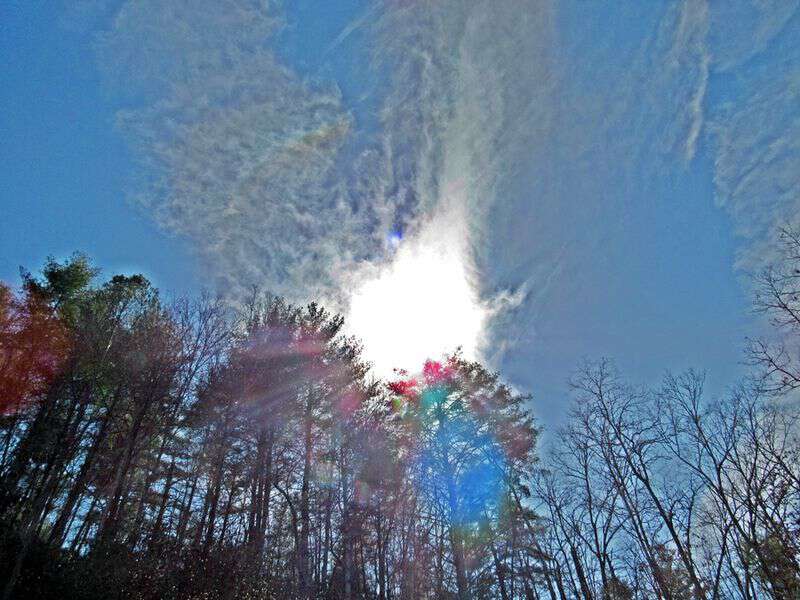
In my recent video I share words from Appalachia that begin with the letter B.
I used the “Dictionary of Smoky Mountain English” as a reference tool. Some of the words I’m familiar with, some I’ve never even heard of!
I hope you enjoyed the video-please leave a comment with any thoughts you have about the words.
The expected release date of the new “Dictionary of Smoky Mountain English” is June 28. If you’d like to pre-order a copy go here (look at the top of the page for a sale notice).
Subscribe for FREE and get a daily dose of Appalachia in your inbox
Help me celebrate Appalachia by subscribing to my YouTube channel!


BULLHEADED = Stubborn.
” Why do you have to be so bullheaded about everything?:
BACKWARDS = not right
” She’s acting plum backwards!”
Words starting with a “B.” One that my family used a lot to refer to being confused was “bumbuzzled,” as in , You got me all bumfuzzled; I don’t even know where I’m going.”
Strike “bumbuzzled.” Meant to use “bumfuzzled” in both instances…Ray
lm not in Appalachia, l grew up Monroe NC nut l remember hearing some of those phrases used mostly by my grandparents .
Granny said she crocheted her anniversary cake so they ate Holy Smoke cake. what kind of cake is that?
Margaret-you can see the recipe here: https://blindpigandtheacorn.com/holy-smoke-cake/ 🙂
I remember as a child, Mom and Dad used back. Like back younder, meaning a time of the past. Also back in the holler, a ways back up in the holler.
” Back” is also used when talking about returning, as in, “I’m going back to Alabam””
Police forces and the military often use “back” to mean cover or support, as in “back me,” I’m going in. Of course we’ve also used in in elections, e.g., “You back me in this campaign, and I’ll help you in yours.”
I’m still bad for saying some of those words. My sister was holding my brother’s son when someone else tried to talk to him, he turned away. She explained that he was just backward. That hurt my brother’s feeling and he still talks about that some twenty years later. Goes to show how the two of them had different meanings for the word. Mom used to say back a letter, but it’s been years since I heard it.
There is something about you talking about Appalachian speech that makes me remember. I can’t pin it down. I don’t know if it is just the words themselves, the pitch, the cadence or what but it “puts me in mind of” my hill folks and my growing up. You give me a gift.
I was a backward child to, still am under the veneer of changes life has brought. I used to run and hide in the woods if I heard a car coming. Like you, I have wished I were more outgoing. Along with that, I wish I was more gracious, more poised in a crowd. But then I would no longer be true to myself. It is a puzzle; kinda like walking a slick footlog. I kinda think it is a lifetime exercise to get settled in our own skin and with it to let others be settled in theirs. Just wish it had not taken most of my life to figure that out.
It strikes me that to use “back of” in the sense of beyond civilization reveals what the speaker considers “the front”. I think maybe it would also have some relationship to how the country lays. Some country would not lend itself to having a “back”. Anyway, you make me think again.
“Hind-parts -before”—also means backward as it refers to a garment worn backwards. Also, “Backwater from pee” is a term for tears. I really enjoyed this video and share your interest in the language and all things Appalachian. There is one phrase that I have not been able to figure out—’plime blank’ as it was used in my family means ‘exactly’ as in, “she is plime blank like her mama.” Maybe you can help. What are the two words derived from?
“Hind-parts -before”—also means backward as it refers to a garment worn backwards.
Most are common here in northeast TN. “Back of” as in direction and ” backwards” (which a lot of new residents think about us locals) is common.
That’s what they say about people from the hills of Eastern Kentucky as well. I am out to prove them wrong!
We use “back” in reference to timeframe the same way here in Michigan. I grew up in an area where many people’s families had migrated north from Appalachia.